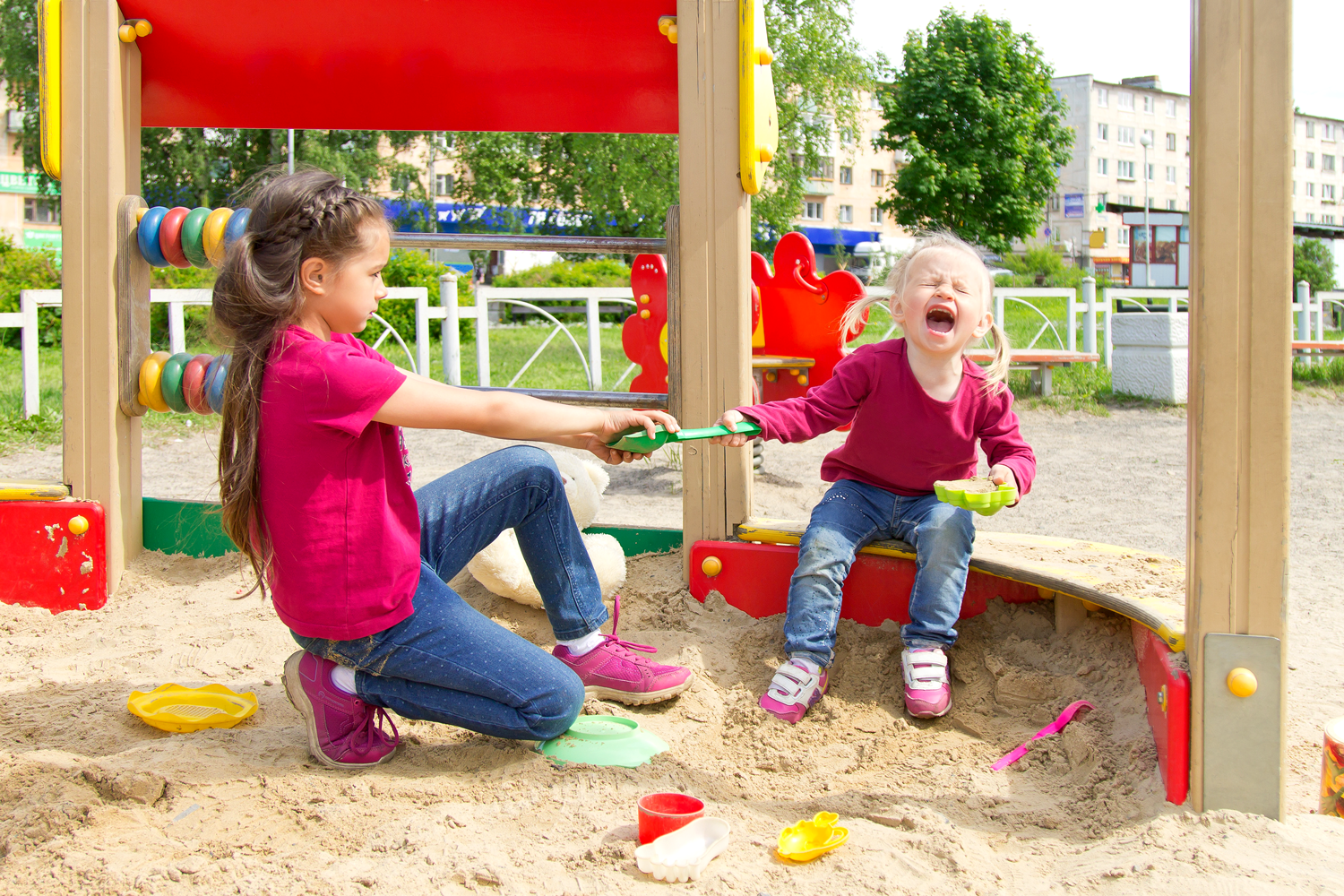If you are a foster, adoptive, or kinship family, then you know caring for multiple children isn’t easy. Squabbles, sharing, and getting under each other’s skin is bound to happen any time of the year. However, sibling fights and other behaviors tend to get worse during long breaks like summertime or holidays.
Our Chosen care team has parenting resources to help you handle the bickering and promote positive connections. Here are some tips to remember:
Each Child is Unique
Sibling relationships are dynamic and complicated, even for children raised together from birth. Personalities, temperament, birth order, and many other factors are at play. A difference of perspective may be at the core of some sibling fights.
Positive Activities
Look for ways to promote positive interactions between siblings. Find something they enjoy doing together like a project or problem solving as a team.
Individual Attention
Ensure that each child in the home receives individual attention. This can be one-on-one time like an event, shopping, or pursuing a hobby together. Increase your parenting resources by seeking help from friends or family. Also, use everyday moments like cooking dinner, a quick grocery run, or bedtime routines to give that personalized time.
Talk about Emotions
Sibling fights are exhausting for both caregivers and children. Create a home environment that allows your child to express themselves. Let them talk about their joys as well as their fears and disappointments with their siblings. Honest conversations that validate our child’s feelings are a powerful intervention to help prevent sibling rivalry.
Ask for Help
Don’t be afraid to ask for help; it’s an effective parenting resource. Kids need a positive support network. This may look like a therapist or sibling support group to help with stress relief and coping. Answer their questions about what they are seeing and experiencing honestly and age appropriately.
Managing conflict between your children can feel overwhelming. Chosen’s care team is ready with parenting resources, training, tools, and support to help parents feel prepared.












